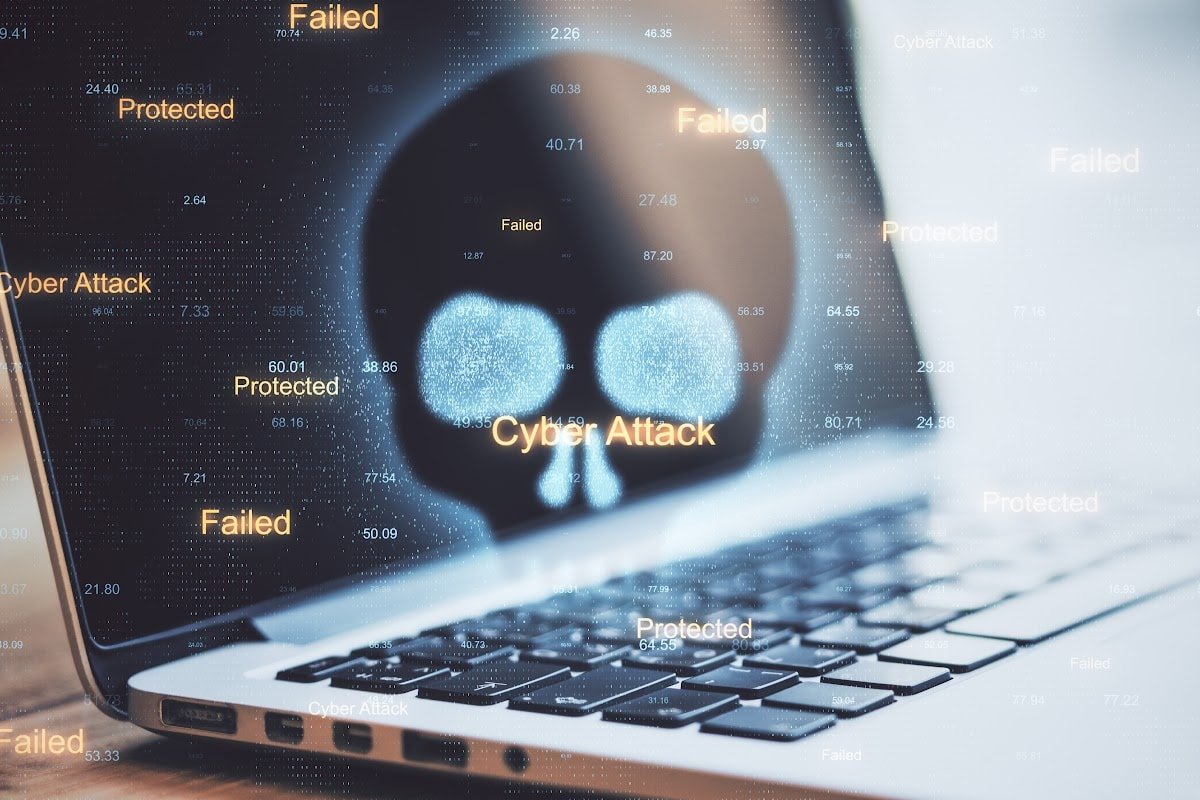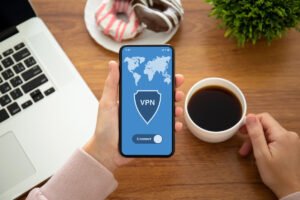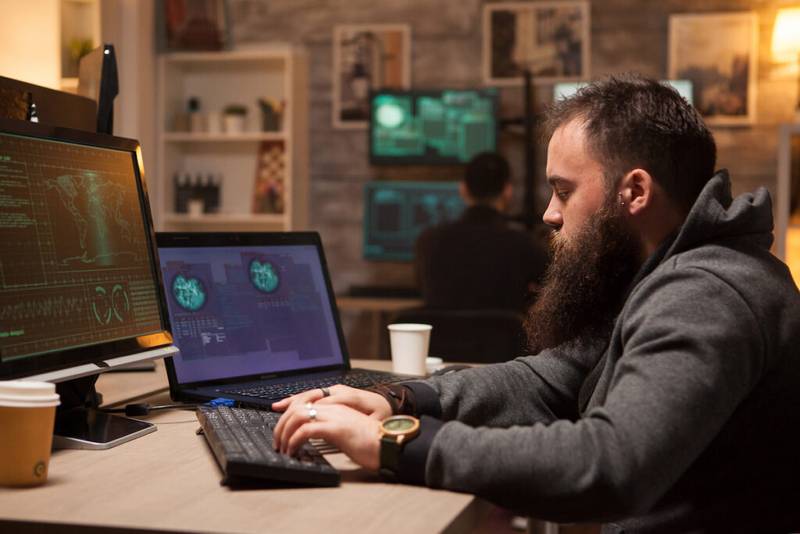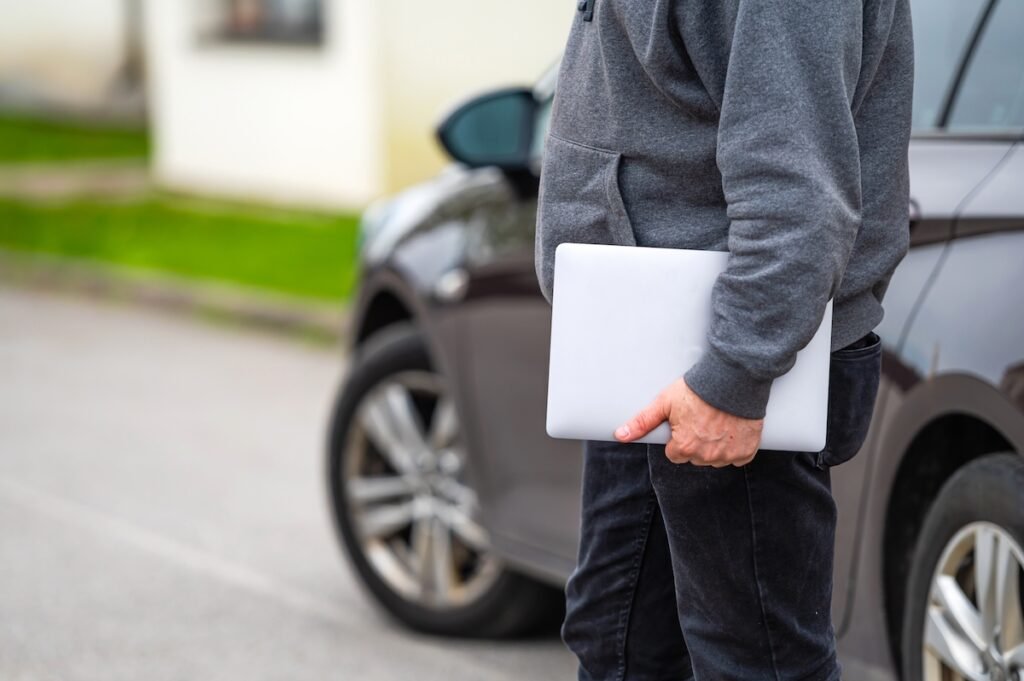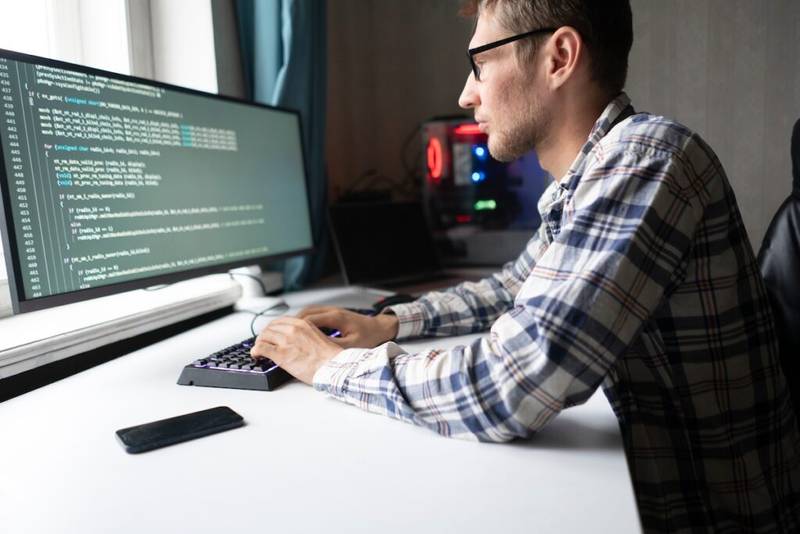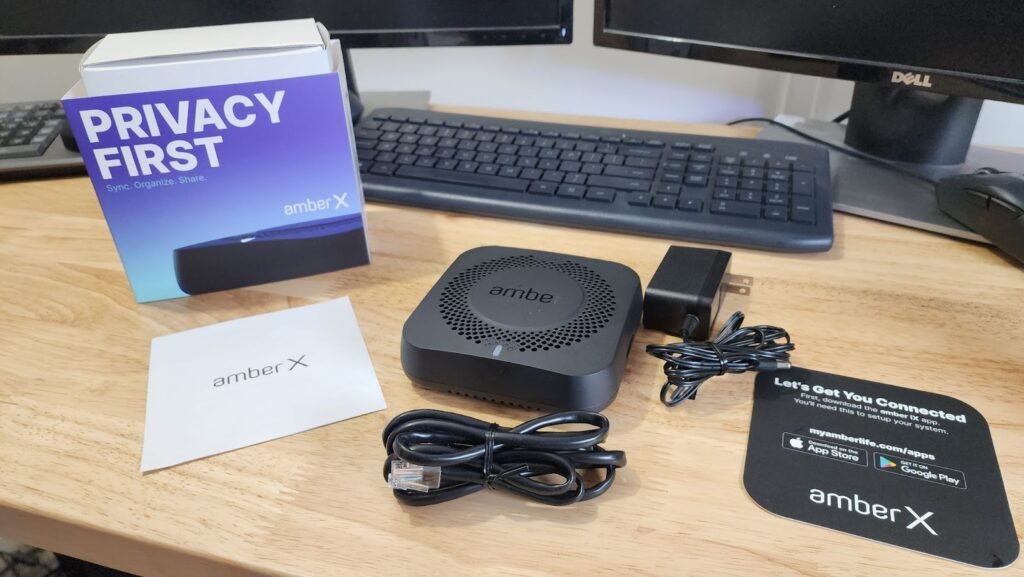Think back: do you remember when artists would release CDs and our friends would run to the store, buy one, bring it home, and copy it for everyone for free or at a cheap rate? Can you remember when the computer app Limewire came out and everyone would play all the new music hits? Back then, pirated music, movies, and software were foreign, but then again, the internet was also pretty foreign.
Pirating 101
What is pirating? For those who know less about pirating, let’s break it down. Pirating is the illegal download, distribution, and copying of any software, music, program, etc., to which you don’t own the rights. Technically, when a song is played on the radio, and you record it for a ringtone or playback, that’s illegal. Back in the day, we recorded songs on cassette tapes from the radio to give to our boyfriends and girlfriends. Guess what? Illegal. You can not and should not participate in pirating. Period. You can use BitTorrent, a communication protocol for peer-to-peer file sharing (P2P), which enables users to distribute data and electronic files over the Internet. This is a legitimate file transfer system as long as the content can be downloaded or uploaded legally. As with any upload and downloading system, there are pitfalls.
Pirating Pitfalls
The internet is full of different sites claiming “free downloads” for music, videos, and other software. Even torrents, though legit, can still give users massive problems like malware, viruses, hacking, scamming, and more. Pirating pitfalls can cost you your email, social media accounts, and even your identity. And for what? That new Lizzo song you’ve been dying to hear on repeat? Definitely not worth it. (No offense, Lizzo.)
DISCOVER: Why Music Matters
Malware and Pirating
Malware and pirating easily go together. Say you pick a new movie to illegally download, thinking it’s coming from a free and trusted site for downloads. You’ve checked some reviews and everything sounds reasonable or so you thought. The malware starts immediately upon “downloading,” infecting your computer programs, and software, and moving to all your stored passwords for your accounts, including your tax information and identity.
Hackers are getting smarter and using SEO practices to “up” their websites on Google and other search engines. The location a website ranks on Google seems legit and more trusted; therefore, hackers are using these techniques to hurt users. Redline Stealer and RecordBreaker are nasty malware software that steals information including saved passwords and even screenshots. Meaning, downloading that new video could cost you your job, savings, home, and identity; all because you wanted to save a few bucks. We discuss ways to secure your smartphone from these hackers, so if you need a refresher–go!
Even if you miraculously survive the initial threat, there are plenty of backdoor malware entrances that hackers install to continue to infect your device. So even if you think you’re safe, you’re probably not. Pirating not only affects you, but it also affects the owner’s rights and income. If you’re not paying for new music, then the artist is getting less money. Pirating is stealing.
Legalities of Pirating
Let’s not forget to discuss the biggest pitfall of pirating: your consequences to the government. Copyright laws protect creators and the art they create. Digital and print media formats are all protected through copyright laws. Illegal downloading, distribution, and profit can not only gain you malware and viruses but also a large fine and jail time.
Yes, we did say jail time. You can find this information anywhere you search the internet. The RIAA, which is the music and recording industry, states that individuals who pirate software can receive up to a $250,000 fine, a felony on their record, and up to five years in jail. Just in case you needed a breakdown for you or as a warning to your children, friends, or loved ones.
Most adults these days who grew up near the internet’s birth, know a thing or two about piracy. Many of us had it drilled into our brains to never download anything, anything at all. However, as younger generations hop onto the internet via their smartphones, they might not realize the song or movie they downloaded for free, is actually stealing their data and using it against them–and their parents. Once again, you need to think like a hacker to avoid getting fooled. Even the newest phone editing and picture modifying apps might be secretly coded to infect your teenager’s phone. They bring it into your home, use your WIFI, and boom— your entire network is hacked.
Talk to your kids about pirated software pitfalls, and check out ways to protect your home’s devices and avoid viruses.
LEARN: Music Piracy Laws

